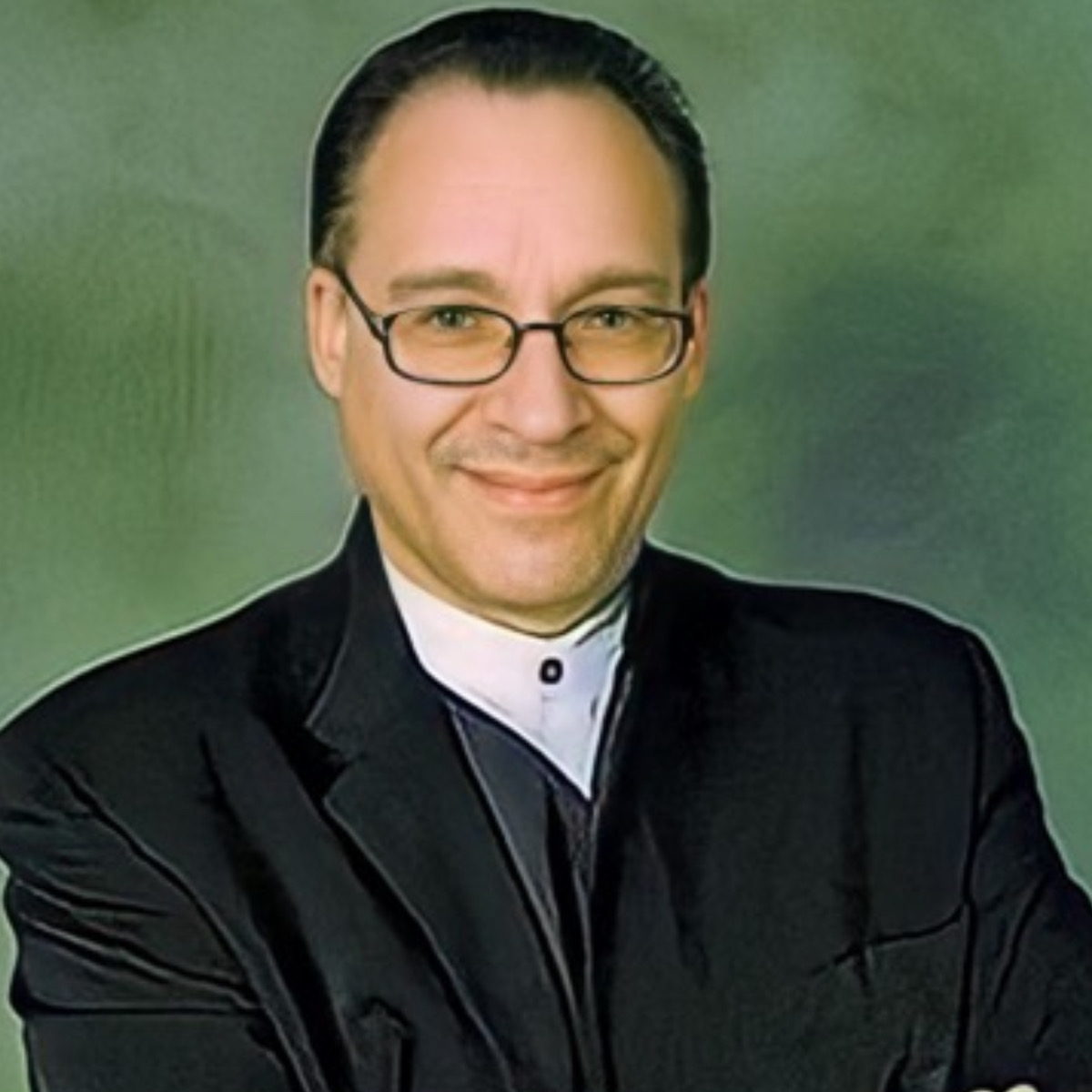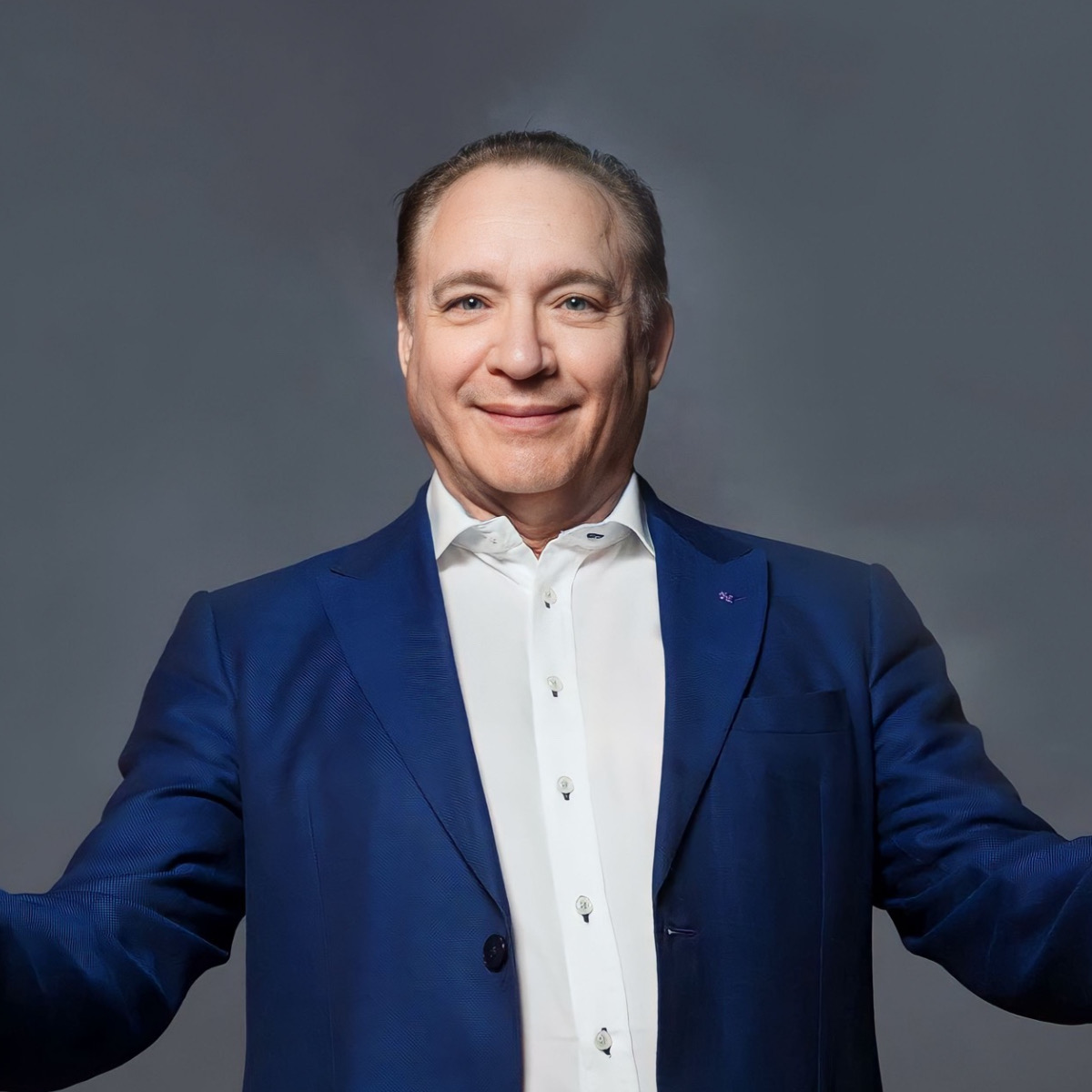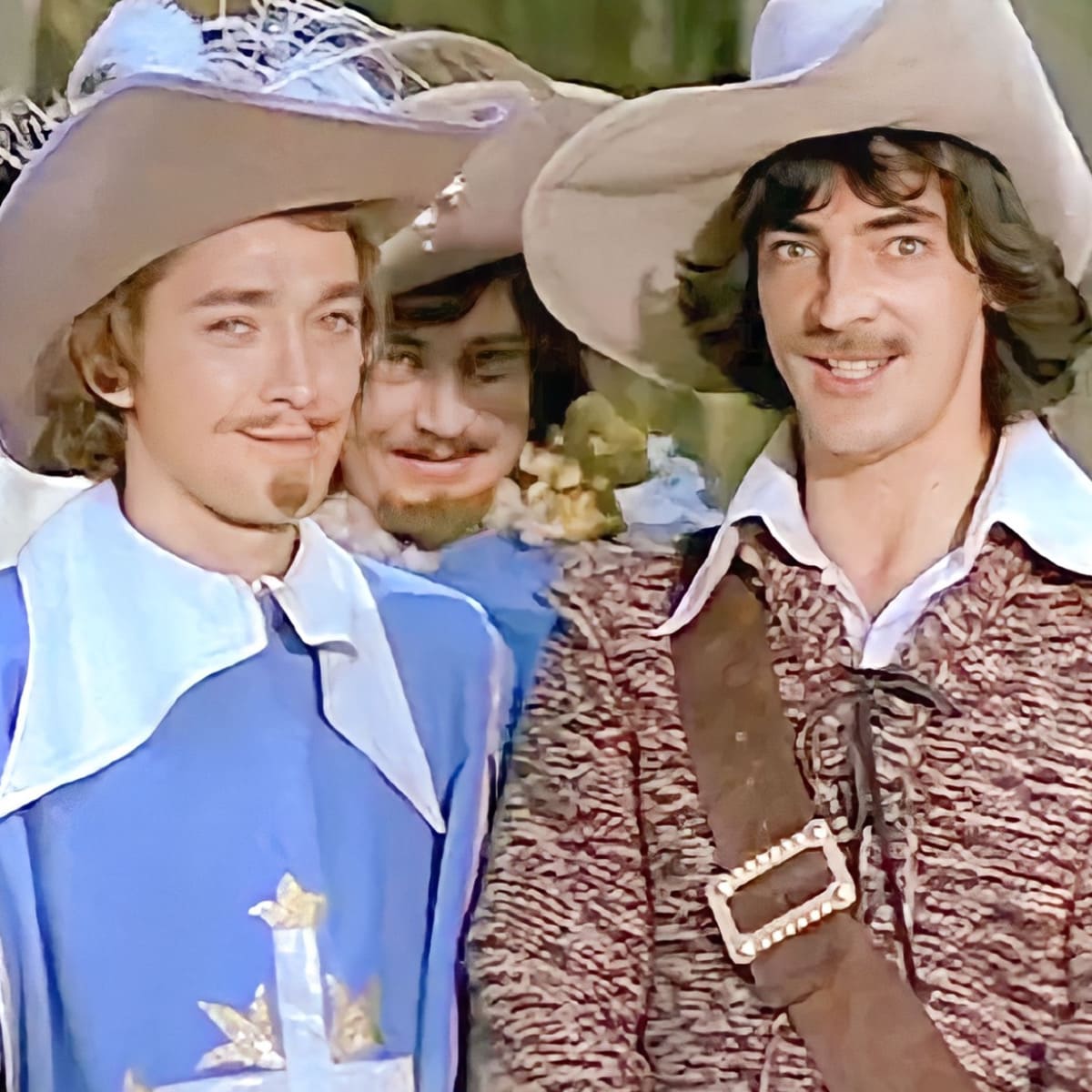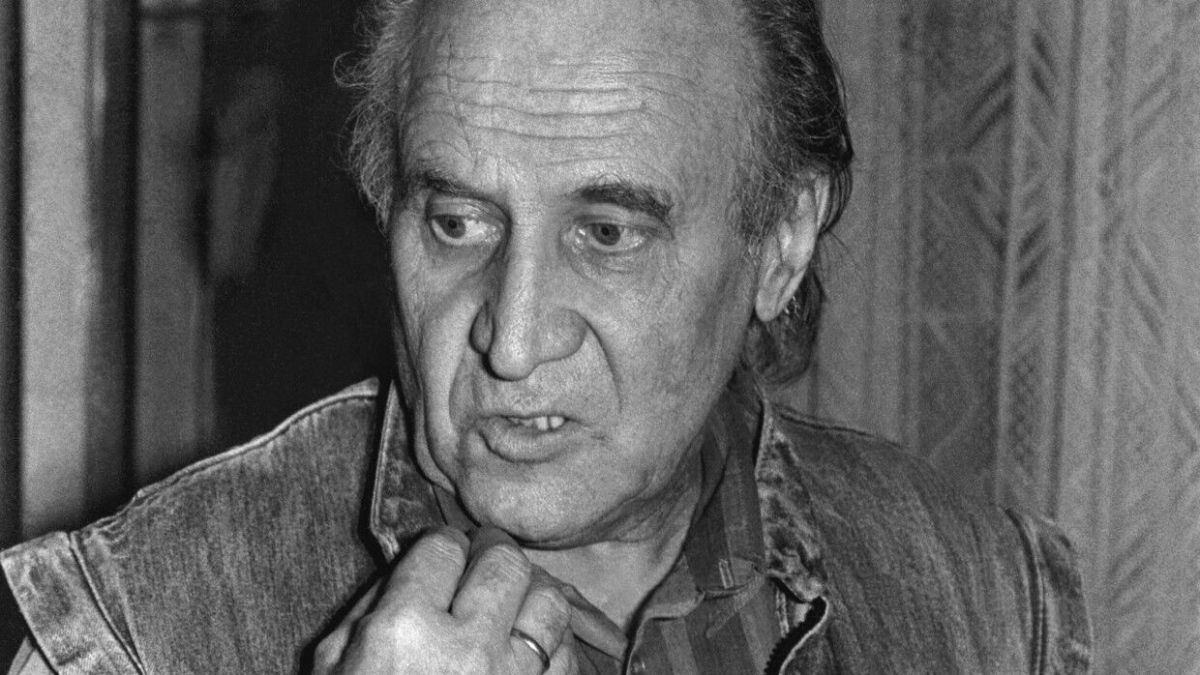The best works of Maxim Dunayevsky, which everyone knows from the nappies
Содержание
It's hard resist before the sounds of this music, which come alive in the heart of everyone who hears it. They pull invisible threads, making anyone respondand move to the rhythm of, "It's time to be happy, let's be happy..." Rejoice or pity. Laugh or cry.
Music by Dunayevsky complicatedis unusual, but that's the beauty of it. It surrounds words that are full of meaning but not always understood. It demands attentions and perception. It is not for those who like light and simple music. Nevertheless, some of its motifs are familiar to each of us, and it is these compositions that our article is dedicated to.
"You can't crush genes with your finger."
Maxim was born in the year of the Great Victory, 1945-йin the family of a composer Isaac Dunayevsky and ballerinas Zoya Pashkova. His mother died when he was only two years old and his father did not recognise him as his own. In his birth documents there was a dash in the "father" column. He was brought up grandmotherwho didn't show love and attention. The only thing other Maxim had a piano he found in the basement of the house.

"I didn't really enjoy sitting down at the piano, although I had loved to hum and improvise since childhood. Without a teacher, without a stick. This, apparently, was the first germ of a creative profession".
He was learning to play myselfHe listened to music on the radio and wrote it down on paper. He listened to music on the radio and wrote it down on paper, composed his own songs and melodies. He dreamed to become a composer like his father, whom he did not know but whose works he loved. Later, Maxim entered a music school, then a college, then a conservatoire. He mastered several directionsHe has been a student of piano, conducting, composition and music theory. Dunayevsky was constantly searching for his voice and his expression.
The maestro's most favourite songs on music

Maksim Isaakovich now holds the position of a member of the Moscow Regional Philharmonic Society artistic director. The MOF hosts concerts of symphonic music, old songs and romances. This is its new projectdedicated to preserving and popularising the heritage of Russian music. Next we will tell you about the best works of a talented composer. The ones you know and love, and the ones you might discover. Newly or for the first time.
It's time, it's time, let's rejoice... (from "D'Artagnan and the Three Musketeers")
When Georgi Jungwald-Khilkevich decided to make a film based on the novel by Alexandre Dumas. "The Three Musketeers."He had no idea that his choice of composer for the soundtrack would cause so many problems. Maxim Dunayevsky, known for his rebellious with his temper and unorthodox approach to music, refused to follow the standards of the film studio and to stylise the songs for the seventeenth century. He assured the director that he had his own intentionwhich will make the film even more vivid and memorable.
To do so, Dunayevsky travelled to Poltavawhere he found some helpers on local radio - VIA "Festival"who was ready to support his idea. Together they worked on music that would convey the atmosphere of adventure, freedom and courage of the Musketeers. It was there, in Poltava, that Dunayevsky wrote his most famous work. He did not spend much time - just quarter of an hour it took him to put the notes on the sheet.

The director was not wrong about Dunayevsky. When the film was released, "The Musketeers' Song." won the hearts of millions of viewers. She became hymn of the generation that grew up on the adventures of Dumas. She became a legend that lives on to this day.
Call me, call me, call me (from "Carnival")
When Tatiana Lioznova decided to make the film Carnival, she wanted to tell not just a love story, but the story of a fateabout choice, about chance. She wanted to show how one phone call can become a turning point in the lives of two people who cannot be together, but also cannot be without each other. For this purpose, Lioznova assembled a remarkable cast. Igor Kostolevsky и Irina Muravyova played the main characters.
Zhanna Rozhdestvenskaya played the role of singer Natalia Kalinina. А Robert Rozhdestvensky wrote a poem for her called "Call Me, Call Me." That poem became underlying for a song composed by Maxim Dunayevsky. The song "Call me, call me, call me" became a key song in the film. Now it is masterpiecewhich is still loved and sung to this day.
♪ Lady Perfect ♪
When Leonid Kvinikhidze decided to make a sequel to Mary Poppins, Goodbye, he didn't want to repeat and copy the original film. He wanted to show that Mary Poppins - not just any nanny, but a real nanny enchantressthat can make a difference in any family's life.
For this, the director invited Natalia Andreychenkowho had already played Mary Poppins in the first film. He knew she was the perfect actress for this role because she had the charm and charisma needed for such a character. А Naum Olev - poet and friend of Kvinikhidze - wrote a poem for her called "Lady Perfection". This poem became the basis for a song that Maxim Dunayevsky would later compose.
The Fortune Teller (from "Ah, Vaudeville, Vaudeville")
"Ah, vaudeville, vaudeville..." included. famous vaudeville songs sung, for example, by Larin and other actors. Zhanna Rozhdestvenskaya also sang in the film, and she was singing along. Ludmila Larina - Grigory Larin's daughter and stage partner.
The film "Ah, vaudeville, vaudeville..." was released in 1973 year and became a big hit. The public admired the acting, music, costumes and sets. The film received many honours and became a classic of Soviet cinema.
City Flowers (from the film "Where Will He Go!")
Maxim Dunayevsky and Leonid Derbenev - two talented people who created many wonderful songs for films and cartoons. Their creative union began with an unusual incident. One day Derbenev came to Dunayevsky and said to him:
"City Flowers."
That was all he gave the composer as a hints for a new song for the film "Where's He Gonna Go?".

Dunayevsky was surprisedBut he took up the challenge and composed a tune in which these words sounded clear and bright. The song "City Flowers." became one of the leads in the film, in which Mikhail Boyarsky played the role of a singer who leaves his town and leaves his beloved.
But this is not the only song that Dunayevsky and Derbenev wrote for this film. They also created the ballad "It'll pass."that was played at the end of the film and summed up bottom line to his storyline. This song was not very popular with Boyarsky, who thought it was dull, but he still performed it and it became popular too.
Dunayevsky didn't stop on that. He continued to write songs for various films and cartoons. One of their most famous projects is a cartoon film "The Flying Ship."based on a Russian folk tale. For this animated film, they wrote a whole series of songs that reflected the characters of the different heroesThe Tsarevna Zabava, Vanya the Furnace Maker, Vodyaniy, Babok Ezhka.
These songs were funny, funny, witty and memorable. They became a favourite with children and adults and still live in our memory.
A seven-time husband
Maksim Isaakovich was married in total seven times. And only in the last marriage, as Maxim Isaakovich himself says, he finally realised that family happiness must be worked on. And his wife change - it's the easiest and not the most honourable. But apparently marriage is not as easy for Maxim as music and songwriting. Well, everyone has flaws.



